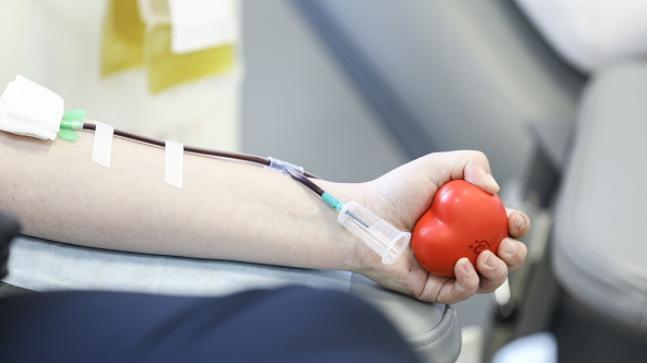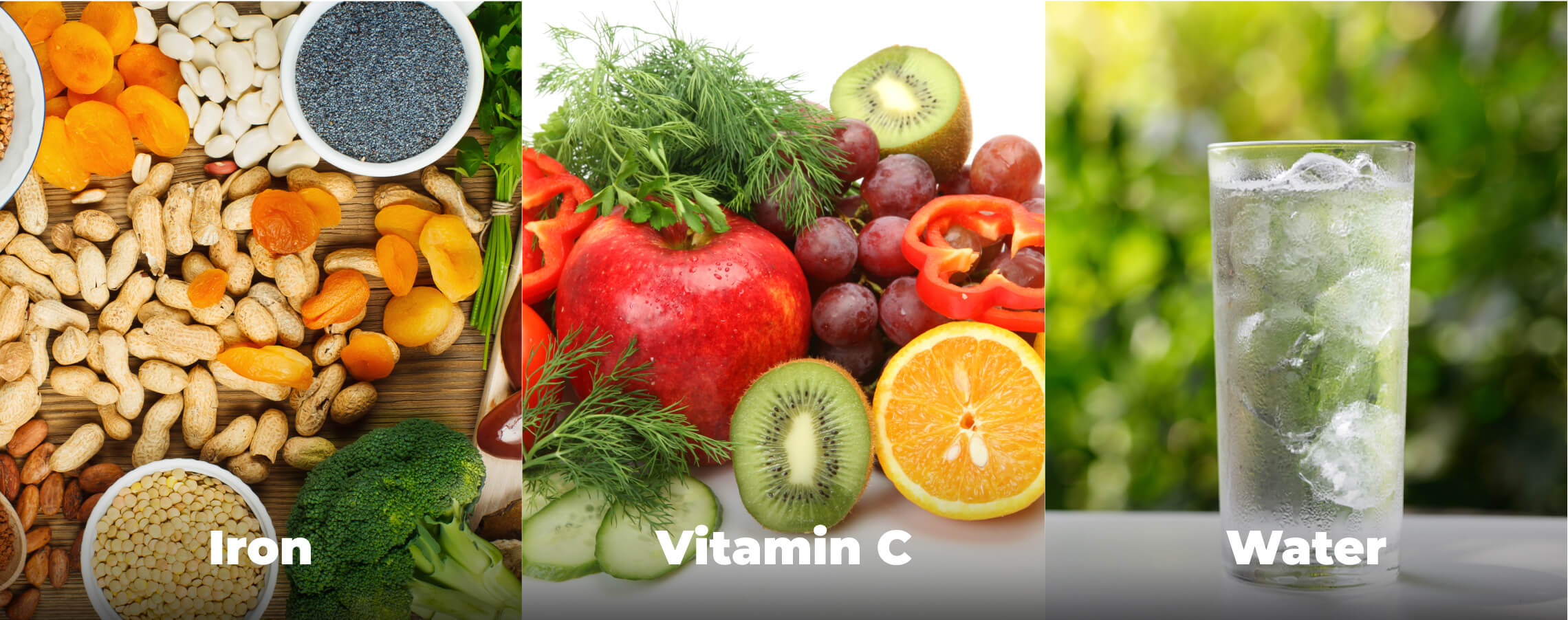hidden
hidden
Blog

Blood Banks dry up:Donating Blood During Lockdown
Blood Banks dry up:Donating Blood During Lockdown
Providing enough blood for hospitals and vulnerable patients is a challenge during the coronavirus pandemic. The Government recognises that blood donation is essential travel, so it is ok to leave your house to give blood if you are fit and well.
The national lockdown, blood banks in some cities are running dry. This is specially dangerous for the patients in the country who need a blood transfusion every fortnight or so to lead a normal life. social media and donor platforms like Friends to Support and Blood Donors India to urge people to come forward and donate blood.

“We are calling people by getting references from friends and colleagues, asking them to go to blood banks to donate blood. We are helping them get donor pass and telling them that it will be a life threatening situation for us if they if they don’t donate blood
Improving distancing
We’re asking blood donors to only come into the session at their appointment time, to help maintain social distancing. This will reduce any queuing and help protect everyone’s health.If you arrive early, we may ask you to wait nearby so you can come into the session at the best time.We’ve increased the space between the chairs as much as possible.
This includes the waiting area, the donation chairs and where you have a drink and snack.Each venue is slightly different so please bear with us while we explore the options.
Benefits
Donating blood has benefits for your emotional and physical health.
• reduce stress
• improve your emotional well-being
• benefit your physical health
• help get rid of negative feelings
• provide a sense of belonging and reduce isolation
What to know before you donate
some important things to know before you donate:
• You need to be 17 or older to donate whole blood. Some states allow you to donate at 16 with parental consent.
• You have to weigh at least 110 pounds and be in good health to donate.
• You need to provide information about medical conditions and any medications you’re taking.
These may affect your eligibility to donate blood.
• You must wait at least 8 weeks between whole blood donations and 16 weeks between double red cell donations.
• Platelet donations can be made every 7 days, up to 24 times per year.
some suggestions to help you prepare for donating blood:
• Drink an extra 16 ounces of water before your appointment.
• Eat a healthy meal that’s low in fat.
• Wear a short-sleeved shirt or a shirt with sleeves that are easy to roll up.
Let the staff know if you have a preferred arm or vein and if you prefer to sit up or lie down. Listening to music, reading, or talking to someone else can help you relax during the donation process.
When is it OK to donate blood?
You can still donate blood with certain health concerns. Here’s an overview of when it’s OK to donate blood:
• you’re older than 17
• you have seasonal allergies, unless your symptoms are severe
• it’s been 24 hours since you took antibiotics
• you’ve recovered from skin cancer or have been treated for precancerous cervical lesions
• it’s been at least 12 months since you’ve recovered from other types of cancer
• it’s been 48 hours since you’ve recovered from a cold or flu
• you have diabetes that’s well managed
• you’ve had no seizures related to epilepsy for at least a week
• you’re taking medication for high blood pressure
The Best Foods to Eat Before Donating Blood
Donating blood is a relatively safe way to help people with serious medical conditions. Donating blood can lead to some side effects, though, like fatigue or anemia. Eating and drinking the right things before and after donating can help reduce your risk for side effects.

Read on to learn what you should eat and drink before donating blood, plus learn tips for things you can do after you donate.
What to eat and drink
If you’re donating blood, it’s important to stay hydrated before and after you donate. That’s because about half of your blood is made of water. It’s also good to increase your iron intake because you lose iron when you donate. Low iron levels can cause symptoms of fatigue.
Iron: Iron is an important mineral your body uses to make hemoglobin. Hemoglobin is responsible for carrying oxygen from your lungs to the rest of your body.
Eating a well-balanced diet with plenty of iron-rich foods can help you store extra iron. If you don’t have enough iron stored away to make up for the iron you lose when donating blood, you can develop iron deficiency anemia.
Water:Around half of the blood you donate is made of water. This means you’ll want to be fully hydrated. When you lose fluids during the blood donation process, your blood pressure can drop, leading to dizziness.
The American Red Cross recommends drinking an extra 16 ounces, or 2 cups, of water before donating blood. Other nonalcoholic beverages are fine, too.This extra fluid is in addition to the recommended 72 to 104 ounces (9 to 13 cups) you should drink each day.
Vitamin C:Although heme iron will raise your iron levels more effectively, vitamin C can help your body better absorb plant-based iron, or nonheme iron.
What to avoid
Certain foods and beverages can have a negative effect on your blood. Before donating blood, try to avoid the following:

Alcohol:Alcoholic beverages lead to dehydration. Try to avoid drinking alcohol 24 hours before giving blood. If you do drink alcohol, make sure to compensate by drinking extra water.
Fatty foods:Foods high in fat, such as french fries or ice cream, can affect the tests that are run on your blood. If your donation can’t be tested for infectious diseases, then it can’t be used for transfusion. So, skip the doughnuts on donation day.
Iron blockers:Certain foods and beverages can affect your body’s ability to absorb iron. You don’t have to avoid these foods completely, but avoid eating them at the same time you consume iron-rich foods or iron supplements. Foods that reduce iron absorption include:
• coffee and tea
• high-calcium foods like milk, cheese, and yogurt
• red wine
• chocolate
Aspirin:If you’re donating blood platelets .which is a different process than donating whole, or regular, blood , your system must be aspirin-free for 48 hours prior to donation.
What to eat and drink after donating blood
After you donate blood, you’ll be provided with a light snack and something to drink. This will help stabilize your blood sugar and fluid levels. To replenish your fluids, drink an extra 4 cups of water over the next 24 hours, and avoid alcohol.
Are there any side effects of donating blood?
Most people experience no side effects when giving blood. After donating blood, you’ll be asked to wait in the refreshments area for 10 to 15 minutes to make sure you’re feeling OK.
Once you’ve had a snack and something to drink, you can return to your daily activities. The Red Cross recommends avoiding heavy lifting and vigorous exercise for the rest of the day.
If you’re a frequent blood donor, you may want to talk to your doctor about iron supplements. It can take months Trusted Source for your iron levels to return to normal after giving blood. A 2015 study Trusted Source found that taking iron supplements can significantly reduce this recovery time.